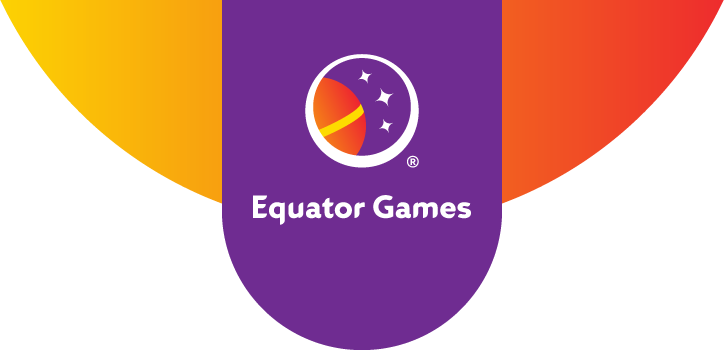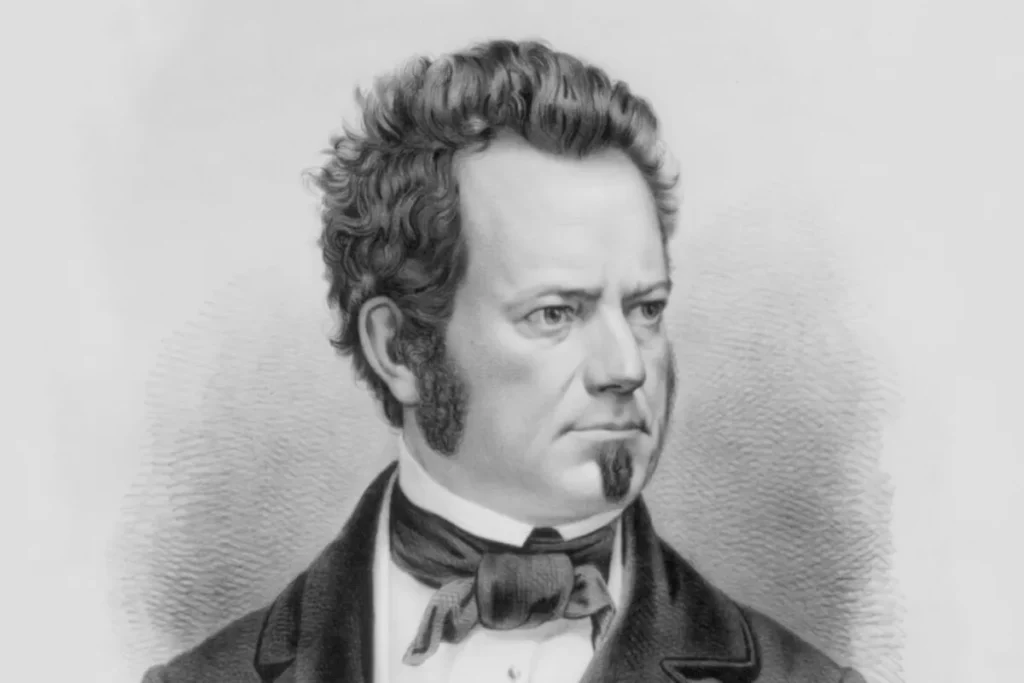Cost-benefit analysis is the process of weighing the potential rewards and costs of various available actions.
Thinking before acting
Looking down at your feet, you notice your shoelaces have come untied. Do you bend down and tie them? Or sitting in a restaurant, you browse through the menu, eager for a delicious meal. But what will you order? Or imagine this: you are the finance minister of a medium-sized country with ambitions to create a space program. Will you sign off on the project?
Each of these questions has something in common: they will only be answered after you have weighed the pros and cons of doing — or not doing — the various actions the given scenario requires. This process is called cost-benefit analysis. And as it happens, you are probably already spectacular at it, making hundreds or thousands of such calculations each day.
Let us break down the steps involved in this fundamental decision-making activity. After that, we will think about how cost-benefit analysis impacts our outcomes in gameplay.
A short series of questions
First ask: Do I even care?
And just like that, life has presented you with a decision to make. First and foremost, ask yourself if this is a decision worth investing your precious mental power in seeking the optimal path forward. Consider again the shoelaces scenario. If you are in the middle of running a marathon, having properly tied shoes will matter greatly to your performance and safety. But if you are two steps from your front door and moments away from kicking off the shoes and liberating your toes from their stuffy confines, there is not much point in “fixing” the “problem” of untied shoelaces when very shortly the whole question will be irrelevant.
All decision-making requires effort on your part, so it is helpful to recognize when to care, and when to shrug your shoulders and move on (hopefully without tripping).
What will it cost me if I do this?
Every action has a cost to it. In the restaurant, you can see some of the cost of a dish written down on the menu as its price, but this only captures part of the total. Have you ever ordered a dish knowing it would be too filling, too rich, or too spicy for your own good, but in that moment of longing you ignored those qualms and ordered anyway? The same applies to decisions on the grandest scale. If your nation will build a program that sends rockets into space, it must spend fantastic amounts of money on the endeavor, so much that it might trigger spending cuts in other programs. Can the country afford it? Those concerns represent another slice of the cost that hangs over the decision you must make.
What will I gain?
Fortunately we also get to think about the nice things that await us on the other side of our decision-making journey: the benefits. A scrumptious meal that doesn’t bite you back later, or the sight of your country’s flag planted into the soil of a distant world. Our goal here is to calculate an evidence-based estimate of just how much we will benefit by making a given choice.
Notice that we asked ourselves first about cost. In practice, sometimes we do think about the rewards of an action before contemplating what it will cost us. As long as you give attention to both costs and benefits, it should not matter in which order you proceed. Now time for the next step.
Is it worth it?
For the simplest of actions, all that remains is for us to subtract the costs from the benefits. If the result is positive, then we have found an action that is worth considering. In case there are multiple options available to you, the one yielding the most net benefits will be in the front running.
The numbers have been crunched, so does that mean we are ready to make a decision? Yes, just as soon as we answer a few more questions …
What’s this, another cost?
When you take an action, you are investing resources, energy and time to journey down a given path, hopefully toward a destination where the rewards are bountiful and the friends you make along the way are faithful and true. But before that action had been taken, there were other paths you could have ventured down, leading to other riches and other comrades. These are the paths you will not be taking. That knot in your stomach, the wondering, “What if?”, had you made a different choice, is called an opportunity cost. This is the price you pay for committing resources that cannot then be used to take an alternative action.
Opportunity costs can easily upend the decision-making calculation. As finance minister, you can approve a budget that 1) calls for the full-blown creation of a robust space program complete with manned flights and fancy all-terrain robots; 2) allocates funds for a more modest satellite mission that will get your country’s “space feet” wet; or 3) cut out any space programs entirely, leaving adequate funds for the existing (and essential) health, education and security programs of the nation.
When you stand at the decision-making crossroads, any path you consider taking will have as its opportunity costs all of the net benefits that the other paths would have yielded, but which you will never collect. If you choose to send your country shooting for the stars, you will tie up money that in hindsight might have been better spent on more essential services. Or if you conservatively chose to focus only on the most pressing needs of the day, and canceled plans for a space program, your country will not benefit from the boost in technological know-how that could have blossomed as a result. Perhaps a middle-of-the-road approach would be best: some space glory, but not so much that it makes your financial planning go haywire.
How confident am I that it will work out well?
The more informed you are as a decision-maker, the better your analysis will tend to be. If the decision you are pondering is complex, or if it is affected by many factors that you don’t know much about, the less certain you can be that your cost-benefit analysis is correct.
Similarly, if there are factors about which you are aware, but over which you have little or no control, the chances that things end up in your favor go down. In other words, the action you are pondering is riskier. Risk, or the uncertainty you have about the final outcome of an action, adds its own kind of cost to our cost-benefit analysis equation. You must decide for yourself how much risk you are willing to stomach before a given option becomes too costly.
What other actions will I need to take?
Sometimes you may find that the “optimal” path, which yields the greatest rewards, entails more work on your part than other options available to you. The commitment you must make to see a choice through to the end can tip the scales, sending you in search of an alternative that promises some of the benefits, but with less effort required.
How can I become a better decision-maker in my gameplay?
With the above thoughts in mind, how can we become better decision-makers in the games we play? As we noted in the introduction, you have a lifetime of practice performing cost-benefit analyses, so let us suggest some ways to build on that wealth of experience.
- Quickly decide how much the outcome matters to you. Don’t waste your time on the unimportant things.
- Look for non-obvious costs and benefits, and factor those into your decision-making. The more subtle your understanding of the pros and cons of the options before you, the more likely you will pick a superior action. Even better, if you can see the worth, or danger, in an action that others have overlooked, you will be better positioned to reap the rewards or sidestep the hazards.
- Remember why you have made a given choice, and compare the outcomes of your action with the results you were anticipating. This real-time feedback helps you to see where your analysis might be going wrong.
- Perform cost-benefit analysis on your opponents’ moves. This allows you to gain insight into the thought process of the other players, and also to find gaps in reasoning that can be exploited.
Summary
Cost-benefit analysis is a fundamental decision-making process that governs how we find and compare desirable actions to take. If we can do this analysis quickly, and with greater nuance than our opponents, we will set ourselves apart from the competition. Just be sure not to think too hard about the untied shoelaces that threaten to trip you up along the way.



